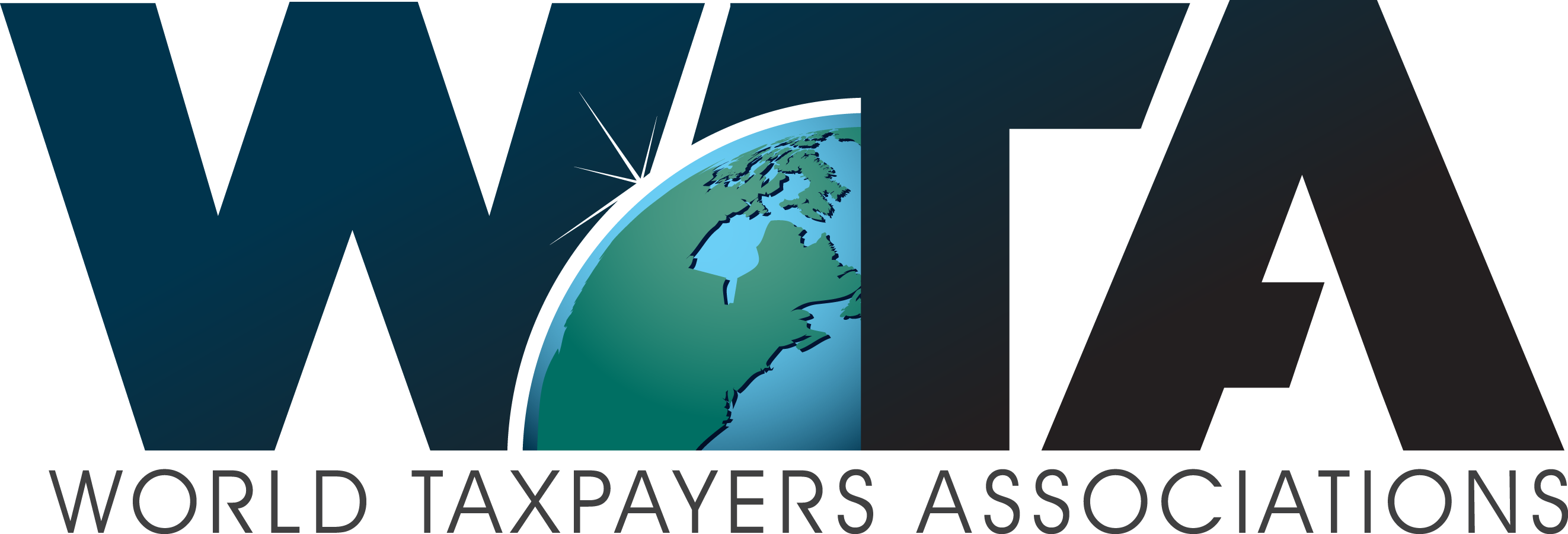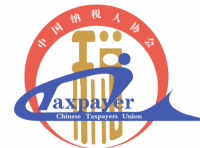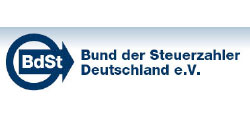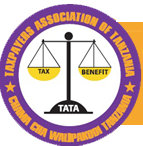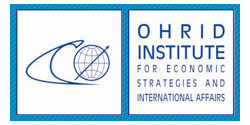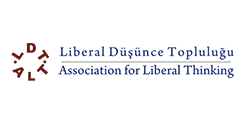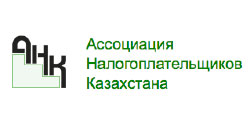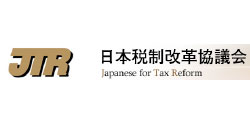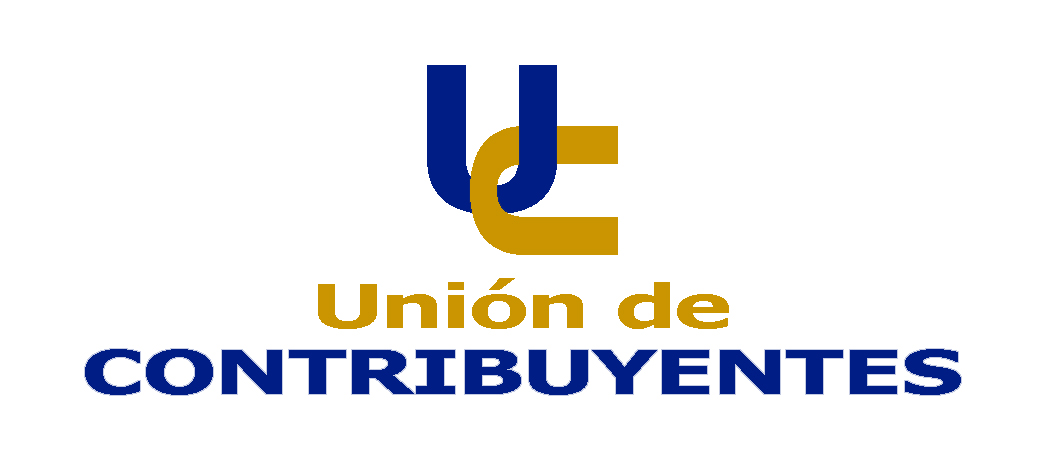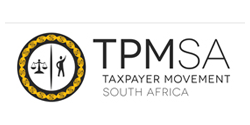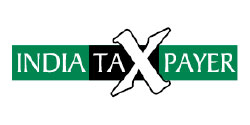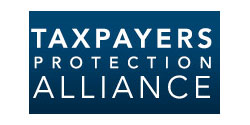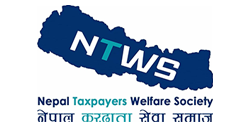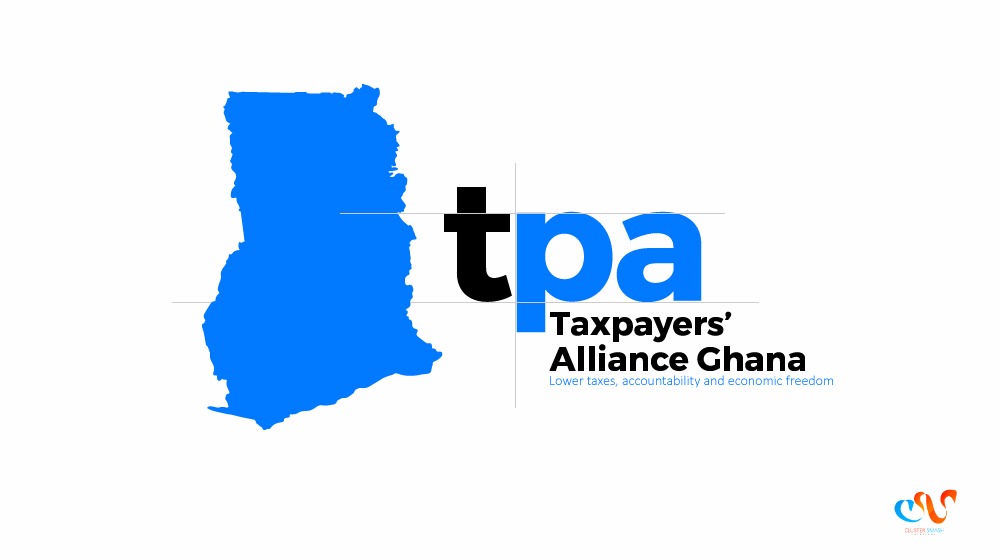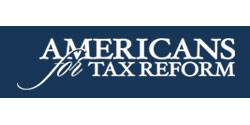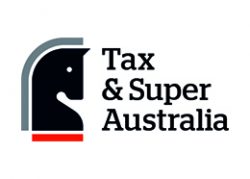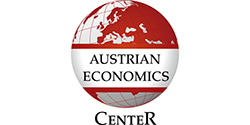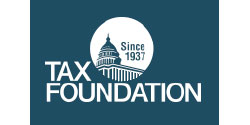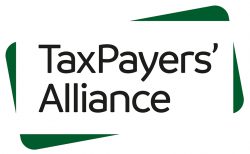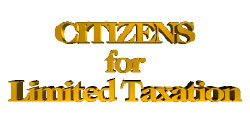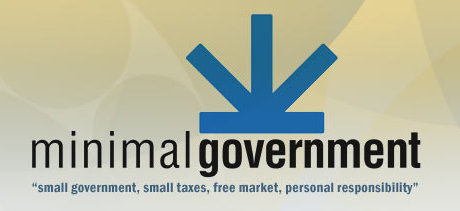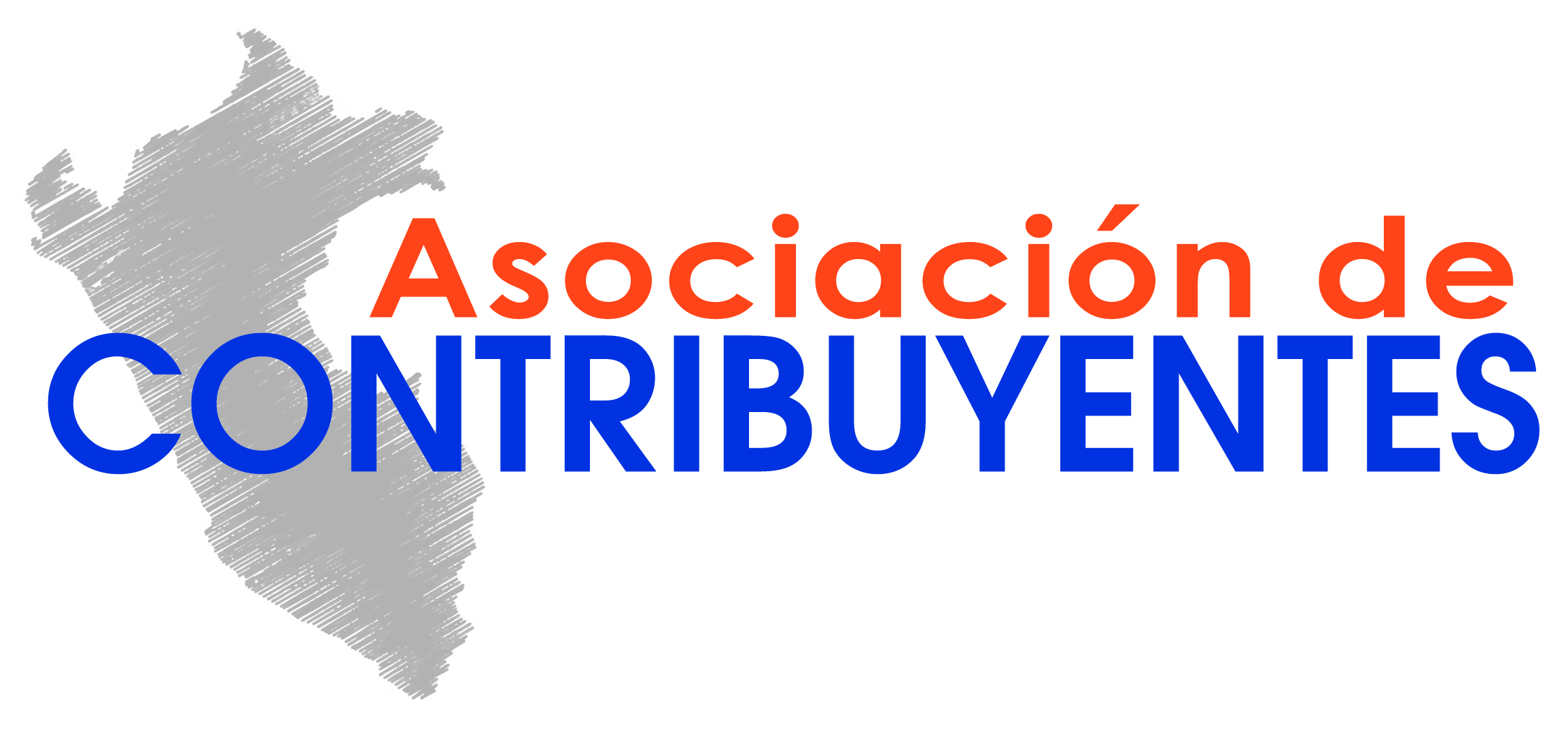WTA Chairman’s Update #3: October – December 2019
Dear WTA members, observers and friends:
Next WTA events:
Taxpayers Regional Forum in Kyiv Ukraine May 16, 2020
The first WTA-sponsored Regional Taxpayers Forum of 2020 will take place in Kyiv, Ukraine, May 16th.
In May 2020 World Taxpayers Associations along with the Atlas Network and the Ukrainian Economic Freedoms Foundation is pleased to invite delegates to join us in an exchange of ideas and best practices to advance taxpayer advocacy in Europe.
The WTA Regional Taxpayers Forum will take place immediately after the Atlas Network’s 2020 Europe Liberty Forum in Kyiv on May 14-15 2020.
More information will soon be available on our website.
The next WTA World Conference will be hosted by Contribuables Associes, the French taxpayer association, in Paris in June of 2021.
Member News:
UNITED STATES: NTU celebrates its 50th Anniversary
On October 23, the National Taxpayers Union celebrated its 50th Anniversary with a gala dinner in Washington, DC featuring more than 300 guests from the organization’s past and present. Lawmakers, state governors, and other public officials were in attendance to view a video on the history of NTU — including an interview from the year 1974 of the organization’s founder on the famous American television program “The Tonight Show with Johnny Carson.”
Guest speakers included Steve Scalise, who is the chief legislative officer of the opposition party in the lower chamber of the U.S. Congress, and Lawrence Kudlow, head of the National Economic Council, which advises the President. An especially memorable part of the evening was a message of congratulations from me, Troy Lanigan, and Cristina Berechet for NTU’s role in helping to form WTA in 1988. Participants were thrilled to learn more about NTU’s international connections, and all looked forward to working together with WTA in the future.


GERMANY: The German Taxpayers’ Association celebrates its 70th Anniversary
On 10 September, the German Taxpayers’ Association celebrated its 70th birthday in Berlin in front of around 700 invited guests from politics, business, science, culture and with its members.
The keynote speaker was none other than Federal Chancellor Dr Angela Merkel. Her presence was important in several respects. In her speech, she praised the work of the Taxpayers’ Association, she stressed the necessity of tax cuts which was a great vote of confidence in our work.
Next day her statements were the topic of general debate in the German Bundestag. She was quoted several times and confronted with her statements by the opposition. The Liberals promised to support her in the complete abolition of the “solidarity surcharge” and tax cuts if she lacked the majority in her coalition.
Congratulations to the German Taxpayers’ Association on its many achievements across 70 years.


PERU: Taxpayers Forum in Peru
Save the date! On November 13th Asociación de Contribuyentes del Perú is celebrating their second Taxpayers Regional Forum in Peru. If you happen to be in Peru, put it on your agenda.
You can register here.

SWEDEN: Waste Ombudsman Facebook Page hits historic record of followers
The Federation of Swedish Taxpayers’ tax waste Ombudsman reached over 100,000 followers on Facebook in August. Reaching 500,000 to a million Swedes every month, the tax waste Ombudsman is one of the most influential Facebook accounts in Sweden. Almost every day, the tax waste Ombudsman is sharing new examples of how taxpayers’ money is being spent with no benefit for those who pay.
You can follow the Swedish Ombudsman here.

CZECH REPUBLIC: WTA Chairman addresses tax panel at Financial Time Business Regulation Forum
A Financial Times event gathered regulators, policy makers, academics and senior industry leaders in Prague to discuss the role, principles and impact of “better regulation”. After an address to the event by Andrej Babiš, Prime Minister of the Czech Republic, I took to the stage with:
- Lenka Dupáková Deputy Minister of Finance for the Czech Republic
- Ivan Mikloš former Deputy Prime Minister and Minister of Finance for Slovakia
- Arman Poghosyan Deputy Minister of Finance for Armenia
We discussed excise taxes, and how a simpler tax system offers fewer opportunities for special interests to use the tax system as a way to target specific groups of people. Tax systems should be neutral, after all.

AUSTRIA: Tax Freedom Day was August 5th
Tax Freedom Day in Austria was August 5th, according to the Austrian Economics Center.
Tax Freedom Day was July 1st in 1976. Since then, the tax burden has grown significantly, pushing the date to August 20th in 2001 and August 19th in 2015. Since 2016, there has been some improvement, as the last government reduced the tax burden – meaning Tax Freedom Day moved back to the beginning of August.
Read the full report here (in German).

FRANCE: Tax Freedom Day was July 23rd
According to the calculations made by Contribuables Associés, the French taxpayers’ association, the ratio between public expenditure (State, local authorities, social security, European Union) and the wealth created in France (GDP) is 55.6% in 2019. That means public administration absorbs more than half of the wealth produced in France.
In 2019, the French will have worked for the state from 1 January to 22 July. It is only on July 23 only that they will finally be able to start working for themselves.
This symbolic date comes 8 days later this year than 10 years ago. Moreover, in 2019, France lagged behind the European average by 32 days.
Read the full report here.

Also, each year Contribuables Associés issues a ranking of MPs – this time a positive one, looking at those who have championed taxpayers. In this year’s edition, 10 MPs have been honoured for the positions they endorsed in favour of taxpayers. It’s great that constituents can get a clear idea of their deputies’ commitment to those who pay the bills.
Find out more about this initiative here.


UNITED KINGDOM: Policy Victory! Death tax hike axed
Thanks to the efforts of my team at the TaxPayers’ Alliance’s efforts, plans to increase probate fees up to £6,000 have been scrapped. On October 12th the Justice Secretary Robert Buckland announced that a proposed rise in probate fees had been abolished. This is another huge victory for the TPA and taxpayers. It is terrific news that the justice minister has put the final nail in the coffin for this hated stealth death tax.
In July TPA published The Cost of Death which highlighted the punitive effects the changes in probate fees would have on taxpayers. Covered exclusively in The Daily Telegraph the research paper showed the pernicious effects of death taxes across the UK. That was after earlier work in February to put pressure on the government, alongside the influential Guido Fawkes website.
The rise in probate fees would have ignored the fact that receiving an inheritance is often unexpected, slamming bereaved families on modest incomes who don’t have the resources to consult expensive solicitors. Increasing it by 28 times the current amount would have been nothing more than a revenue grab by the taxman.

The TaxPayers’ Alliance also launched its latest report, The Bumper Book of Burdens on Business. The paper outlines the bureaucratic regulations and taxes such as VAT, business rates, fuel duty and corporation tax which are stifling innovation, productivity, growth and entrepreneurship.
You can read the report here.

UNITED STATES: Tax Foundation Launches 2019 International Tax Competitiveness Index
On October 2nd, the Tax Foundation released the 2019 International Tax Competitiveness Index, which compares OECD countries on over 40 variables that measure how well each country’s tax system promotes sustainable economic growth and investment.
This new resource gives a comprehensive overview of how developed countries’ tax codes compare, explains why certain tax codes stand out as good or bad models for reform, and provides important insight into how to think about tax policy.
The best tax codes in the OECD:
- Estonia (for the sixth year in a row!)
- New Zealand
- Latvia
- Lithuania (included in the Index for the first time)
- Switzerland
The worst tax codes in the OECD:
32. Chile
33. Portugal
34. Italy
35. Poland
36. France (for the sixth year in a row!)
In particular, the Index looks at a country’s corporate taxes, individual income taxes, consumption taxes, property taxes, and the treatment of profits earned overseas in terms of how they adhere to the important tax policy aspects of competitiveness and neutrality.
It’s important to note that the Index measures both the level of taxes and how taxes are structured.
A well-structured tax code is easy for taxpayers to comply with and can promote economic development while raising sufficient government revenue.
A poorly structured tax system can be costly, distort economic decision-making, and harm domestic economies. Many countries have recognized this and have reformed their tax codes. Compare your country’s tax system with this interactive tool.
Here you can find the Index translated into multiple languages (French, Italian, Greek, and German) and several shareable graphics for social media.
If you have any questions about the Index, don’t hesitate to contact Daniel Bunn, Director of Global Projects at the Tax Foundation.

Publications
SLOVAKIA: Bureaucracy Index
The Institute of Economic and Social Studies (INESS) first introduced its Bureaucracy Index in Slovakia in 2016 to draw the attention to the amount of red tape a small entrepreneur has to overcome on a daily basis just to do business.
The index is based on a straightforward methodology, using an analysis of a model company (micro-company with 4 employees producing blacksmith products) and all its bureaucratic duties are assigned a specific time cost. Slovakia announced their national results on September 29th, the International Bureaucracy Day.
If you are interested to learn more about the Bureaucracy Index or join and prepare your own country calculations for 2020, visit bureaucracyindex.org/.

WORLD: Property Rights Alliance Releases its 2019 International Property Rights Index
Property Rights Alliance, in partnership with the Foundation for Economic Freedom and Minimal Government Thinkers in the Philippines released the 2019 International Property Rights Index. The Index measures the strength of physical property rights, intellectual property rights, and the legal and political environments that enforce them.
The global index ranks property right protections in 129 countries, covering 98% of world GDP and 94% of the world population.
Only a tenth of the world’s people live in 20 countries with the strongest protections of property rights. These are also some of the wealthiest countries in the world. In fact, countries in the top quintile of the Index have a per capita income 16 times greater than those at the bottom.
Property rights are a key ingredient for economic and social prosperity. “Poor property rights ecosystems,” writes economist Hernando de Soto, keep “six billion people and their $9.3 billion in capital locked out of the formal economy.” Lorenzo Montanari, the Executive Director of Property Rights Alliance, said “property rights are human rights, without them people are restrained in how they act, how they speak, and how they participate in the economy.”
Key Findings
Finland remains 1st overall in protection of property rights, experiences a slight decrease in the legal and political environment.
United States experienced increases in all categories and moves passed Denmark and the United Kingdom on the way from 14th to 12th in property rights protections overall. The United States leads the world in copyright and patent intellectual property protections.
While the trade war between China and the United States has drawn attention to the importance of intellectual property rights, the IP gap remains the same. Western Europe and North American continue to lead the world in intellectual property protections with an average score of 39 percent greater than the rest of the world.
Closing this gap is “key to transitioning from an extractive economy to one that competes in products and services only limited by the human imagination,” said Montanari, “too often valuable ideas and art are stolen while governments turn a blind eye, or indeed participate”.
For more information, click here.

UNITED STATES: Tax Foundation Releases 17th State Business Tax Climate Index
The Tax Foundation released the 17th edition of its State Business Tax Climate Index. The State Business Tax Climate Index is a measure of how well states structure their tax systems.
To do that, the Index analyses more than 120 variables in the five major areas of taxation—corporate taxes, individual income taxes, sales taxes, property taxes, and unemployment insurance taxes.
The result is a powerful tool for understanding how your state’s tax code compares and the steps it can take to cultivate a more competitive tax climate.
The evidence shows that states with the best tax systems will be the most competitive at attracting new businesses and most effective at generating economic and employment growth.
To read the full report click here.

SPAIN: Regional Tax Competitiveness Index
In October 2019, the Spanish Taxpayers Union (Unión de Contribuyentes) launched the third edition of its Regional Tax Competitiveness Index. This report, inspired by the Tax Foundation’s State Business Tax Climate Index, measures and ranks all 19 tax authorities on their performance to reduce and simplify taxes in order to attract companies, residents and employees.
The report can be downloaded in Spanish here.

Upcoming Atlas Network Events:
Liberty Forum and Freedom Dinner 2019
November 6-7
New York, United States
Europe Liberty Forum 2020
May 14-15
Kyiv, Ukraine
Asia Liberty Forum 2020
March 12-13
Manila, Philippines
Grants:
LEAP Grant: November 15 Deadline
JUMP Grant: November 15 Deadline
Economic Freedom Audit: November 15 Deadline
Global Voices for Open Trade: November 15 Deadline
In closing, I’d like to encourage everyone to visit our website and our Facebook group. Our community is only as strong and as beneficial as we choose to make it. Please work with our Secretary General Cristina Berechet to feed good content into this newsletter and our network at large.
Keep up the fight!
John O’Connell
Chairman and President, World Taxpayers Associations
Chief Executive, TaxPayers’ Alliance
E-mail | john.oconnell@worldtaxpayers.org
